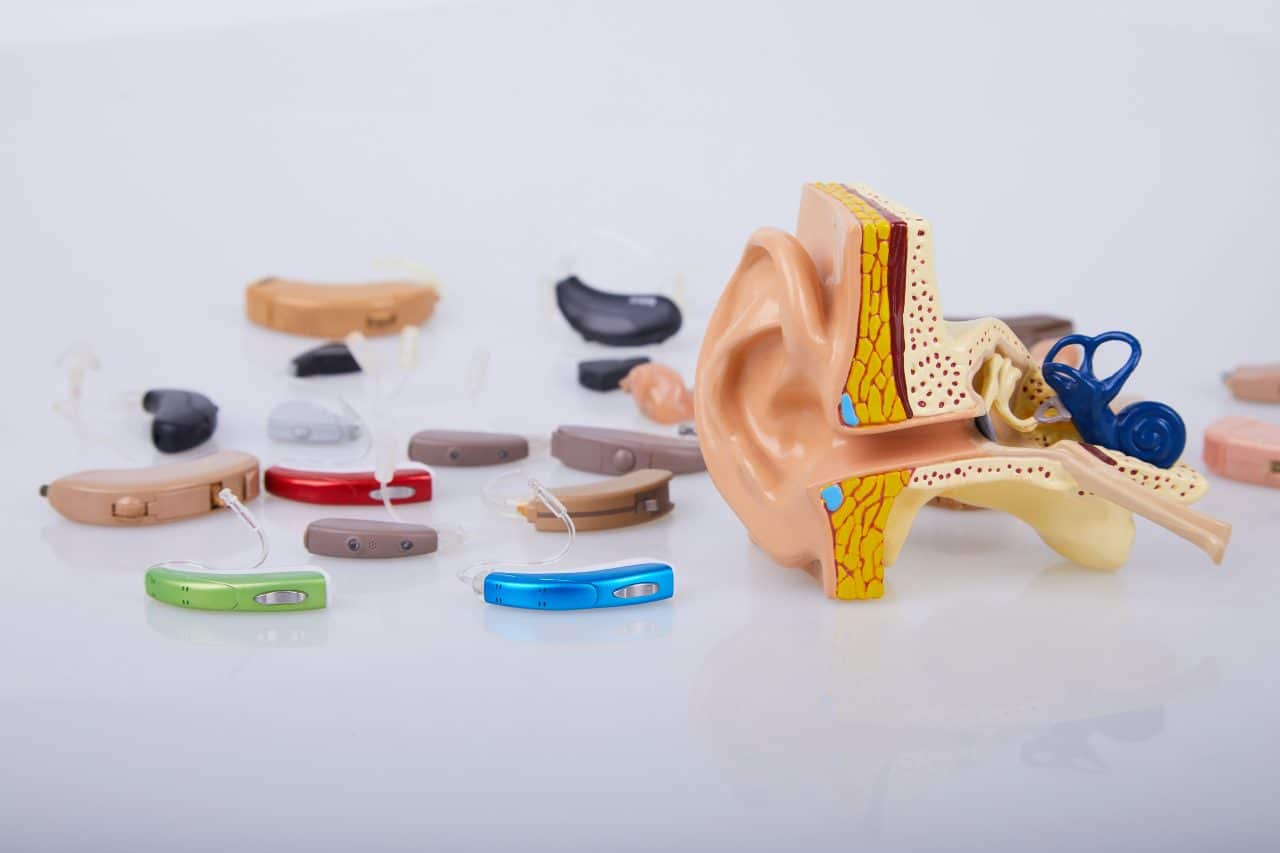Hearing aids are built to survive the rugged environment of your ear and provide you with good hearing for years to come. But they are still state-of-the-art devices that contain intricate technology, so they are susceptible to damage. Below are the top four most common causes of hearing aid damage and how to avoid it.
1. Not Cleaning Your Devices Properly

You wouldn’t go weeks without bathing or brushing your teeth, and the same should be true for your hearing aids. Hearing aids are exposed to dirt, earwax and oils from your skin and hair, so they need to be cleaned daily, too.
Wipe down your hearing aids each night with a soft, dry cloth and use a wax pick/wire loop to remove stubborn debris and earwax. Avoid chemical cleaners or solvents unless they are formulated specifically for hearing aids.
2. Dropping Your Hearing Aids
Just like other electronic devices, hearing aids can be damaged by impact if they are dropped. To mitigate this risk, insert and remove your hearing aids over a soft surface like a blanket or towel. When changing clothes, be careful that your hearing aids don’t get caught up or else they can be pulled out and dropped.
3. Storing Your Hearing Aids Improperly
How you store your hearing aids is just as important as how you wear them. When storing your devices, keep them away from moisture, like the bathroom, and out of direct light, like on a windowsill or in a hot car. Store them somewhere they will stay safe and dry, away from kids and pets. Ideally, you should store them in a dehumidifier at night to prolong their lifespan.
4. Wearing Your Hearing Aids When You Shouldn’t
In an ideal world, you’d wear your hearing aids during all waking hours. However, there are some exceptions to this.
Never wear your hearing aids when showering, using a sauna, sitting in a hot tub or swimming at Augusta Aquatics Center. While some hearing aids have higher IP ratings and are somewhat waterproof, none are completely immune to water damage. In addition, take out your hearing aids when you are applying hairspray, sunscreen or other sprays. For more information about how to prevent hearing aid damage or to bring in your devices for maintenance, call Augusta ENT today.